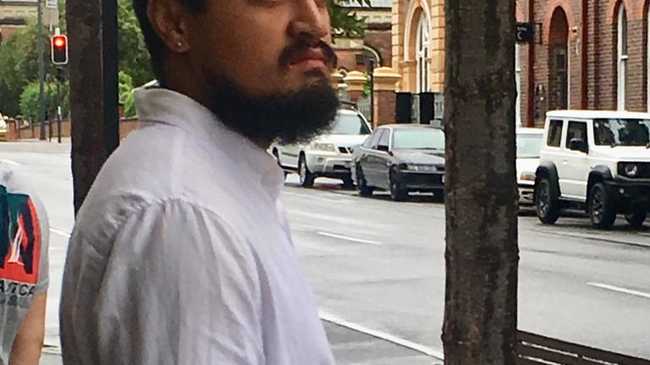Daniel Morcombe inquest: Police response to Daniel’s disappearance ‘inadequate’
AN inquest into the abduction and murder of Daniel Morcombe has revealed a litany of criticisms of the early investigation – including a “prime suspect” not surveilled and evidence left unexamined for eight years.
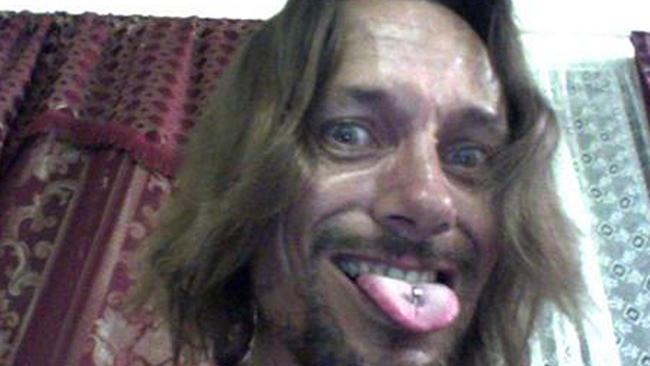
Crime & Justice
Don't miss out on the headlines from Crime & Justice. Followed categories will be added to My News.
AN inquest into the abduction and murder of schoolboy Daniel Morcombe has revealed a litany of criticisms of the early investigation – including a “prime suspect” not put under surveillance, evidence that wasn’t examined for eight years, statements not taken and a covert operation that could have been ordered much earlier.
But the inquest heard there was no evidence an earlier move on Brett Peter Cowan – the man convicted of the 13-year-old’s murder – would have made any difference.
The hearing into Sunshine Coast schoolboy Daniel Morcombe’s abduction and murder in 2003 finished yesterday – six years after it began – following a two-day sitting before State Coroner Terry Ryan.
Yesterday, in his submissions, counsel assisting the coroner Peter Johns said the initial police response to Daniel being reported missing – where officers suggested he would just “turn up” – could be considered “inadequate”.
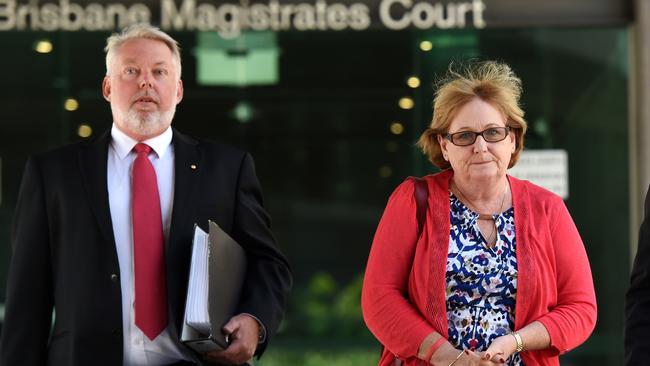
“There was an inappropriate assumption made that this was a case of a teenage runaway, or that Daniel was someone who should be treated as being presumed to turn up,” he said.
But he told the inquest the actions of officers were consistent with practices in place at the time and there was nothing to indicate they had breached any Queensland Police Service policy.
“As a whole the investigation into Daniel’s death by the police was pursued with good faith and an enormous amount of resources once it got moving,” he said.
Cowan was first visited by police two weeks after Daniel’s disappearance as part of a plan to check the alibis of any pedophiles known to frequent the area.
The inquest heard there was no evidence police had attempted to secure a warrant to seize Cowan’s car – instead asking him to bring it to them.
Tape lifts taken from the vehicle – adhesive sheets used to collect hairs or other evidence – were sent to Queensland Health but not tested for another eight years. Police did not investigate Cowan at all from 2006 to 2010.
The hearing also heard explosive claims from the two former police officers tasked with checking Cowan’s alibi that their recommendations he should be put under immediate surveillance were ignored, with one claiming he was told “f--k off – you wouldn’t know anything” when he approached Assistant Commissioner Michael Condon about the suspect.
Mr Condon has denied the conversation took place.
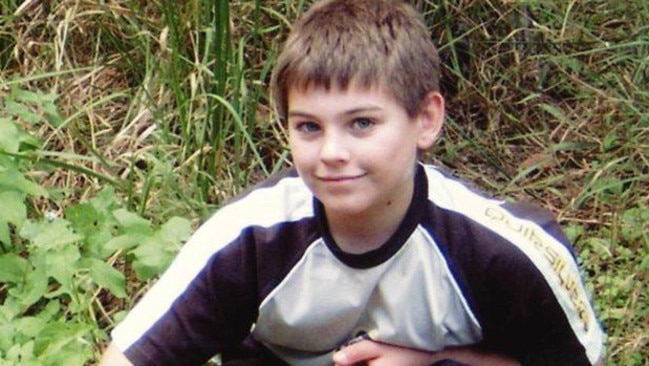
The officers did an “excellent” job in assessing Cowan’s story, preparing a report, and flagging their concerns with the Major Incident Room, Mr Johns said.
“The evidence is also that their concerns were treated with the seriousness they deserved,” he said.
But Mr Johns also said it was open to the Coroner to find “more could have been done” by police during 2004 to do with investigative strategies relating to Cowan.
In particular, the extent to which police could have pursued covert operations, surveillance, or a “more active approach” towards getting results of DNA evidence from hair samples.
“We know now that tragically Daniel was already deceased by the time anyone even suspected he was missing,” he said.
Mr Johns said the reports of 84 people who saw a blue car was “overwhelming” and created an “enormous red herring” for investigators. Cowan drove a white car.
He said the 2011 undercover operation that ultimately ensnared Cowan was clever and well-executed.
Mr Johns said it was a testament to the tireless work of the Morcombe family that there was little for the coroner to recommend.
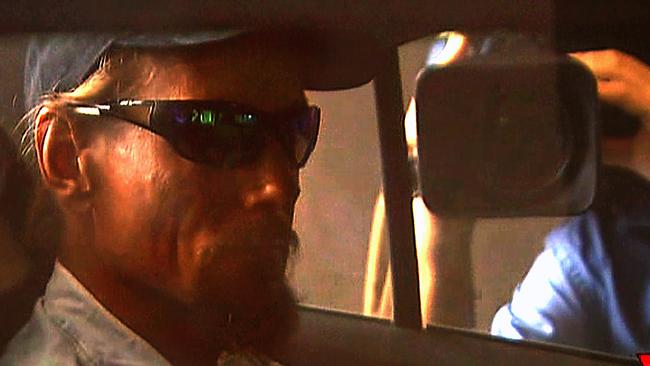
He said their advocacy had already led to “many changes” linked to the circumstances of Daniel’s disappearance, including the reporting of missing persons and the way police responded to them.
Daniel’s parents, Bruce and Denise Morcombe, said if police had gathered enough evidence to arrest Cowan earlier, he may never have given the confession he did to covert officers – which included leading police to the place where Daniel’s remains were eventually found.
“The incredible covert operation not only found a person guilty – and the right person – but it also led to the finding of Daniel’s remains,” Mr Morcombe said. “And who was guilty and who was responsible for that crime for us was always second priority.
“The first priority for us was to find Daniel – and so that end was achieved.
“As the former Queensland Police Commissioner Bob Atkinson said, ‘it is an answer – it is a very sad answer but it is an answer’.
“And so as tough as that is, we balance that up by saying that if indeed there was an earlier arrest of Cowan, we may never have found Daniel.”

